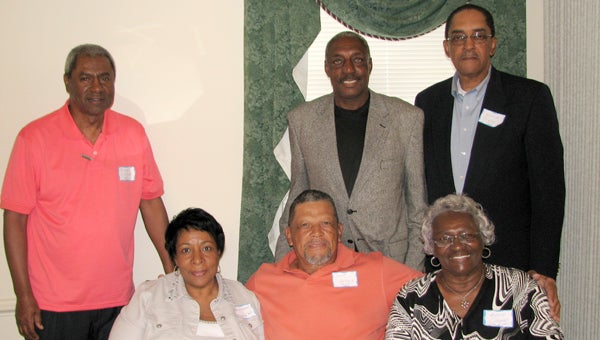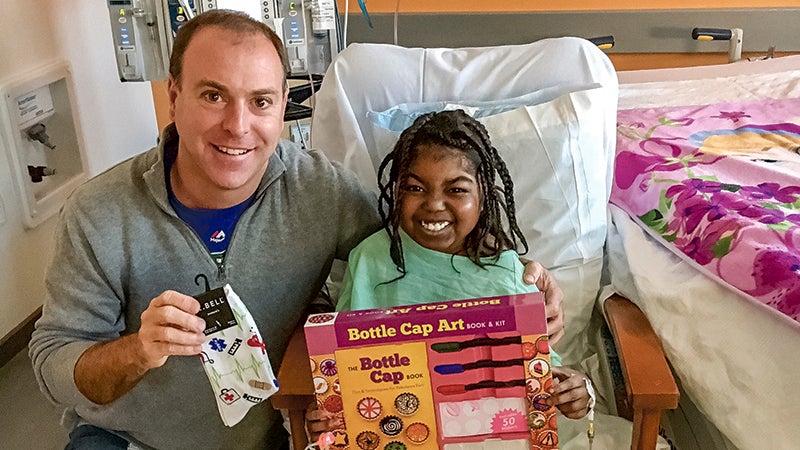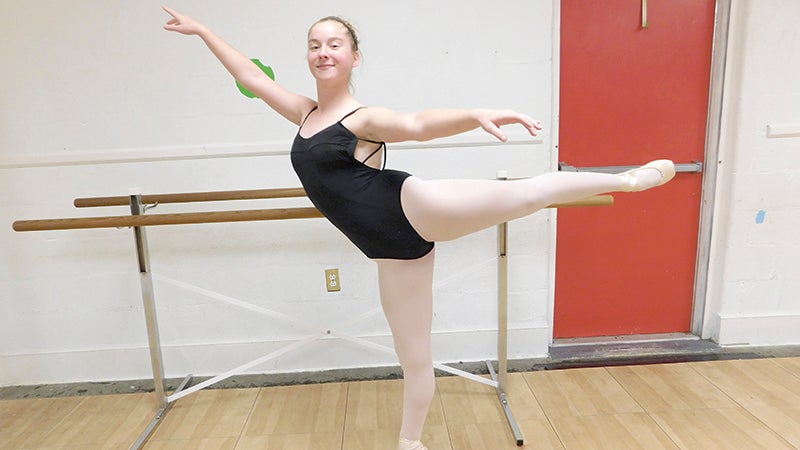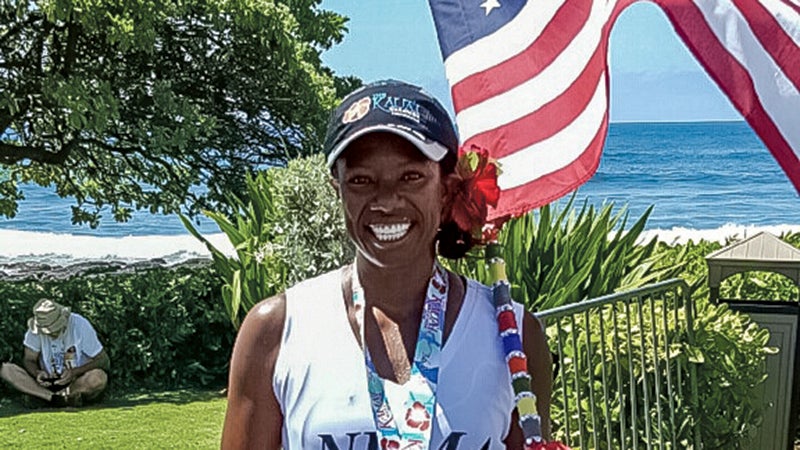Former school’s alumni recall past, look to future
Published 11:00 pm Monday, September 30, 2013

Members of Southwestern High School’s class of 1965 catch up during Saturday’s event. Pictured are, standing from left, James Copeland, A.D. White and Norris Baker; seated from left, Doris Langston, Robert Holland and Audrey Copeland.
Videocameras whirred and scanners hummed at Mount Sinai Baptist Church on Saturday as the first steps in making a documentary about Nansemond County Training School and Southwestern High School came to life.
About 150 alumni and former teachers of the school attended the reunion, which featured some special visitors — workers with Barn Films of Como, N.C., which is in charge of the documentary production.
Nansemond County Training School was a Rosenwald school, built with funding from the Julius Rosenwald Fund, which provided seed money for safe schools where black children could learn. Thousands of Rosenwald schools were built throughout the rural South from 1917 to 1932.
Nansemond County Training School was built in 1924 and operated until 1970.
The eventual goal is to produce a film about the school to be screened at film festivals and aired on public television. Guests brought scrapbooks and folders full of old documents from the school and sat down on camera to talk about their memories.
Many were good memories, but some weren’t so good.
One of the school’s oldest living alumni, Ruby Walden, recalled the struggles those who attended the school went through just to get basic supplies. She carried a notebook full of court documents, composed on a typewriter, from a court case about the segregated schools in Nansemond County. The papers detailed everything from the disparity in library space between white and black schools to lists of patrons who had given money to help fight the case.
“We’ve come a long way with a whole lot of struggles,” Walden said, recalling how parents had to raise the money for supplies provided to white schools for free. “I’m proud of the school, but I’m not proud of the fact we could have had a much better education.”
Despite the racial segregation, many alumni in attendance on Saturday recalled going on to bigger and better things.
Queen E. Wilson graduated from Nansemond County Training School in 1954 and went to Elizabeth City State Teachers College (now University). She returned to teach at Southwestern for 11 years and spent her summers in New York, earning her master’s degree at New York University.
“It’s just a thrill to be here today,” Wilson said.
Katie C. Knight also graduated from Nansemond County Training School and did two years of college at Norfolk Polytechnic College (now State University). She married and had five children and then decided to go back to school.
“Everybody thought I was silly going back to school with five children,” she said.
She later retired after 28 years in the teaching profession.
“I don’t regret my life,” she said, turning again to memories of high school. “We had a good time. We didn’t know we were poor. Nobody back then knew they were poor, because we had such full lives.”
Wardell Baker said he was pleased to see such robust turnout to the reunion.
“This enthusiasm can help us save the old school building,” he said.
When Suffolk Public Schools vacates Southwestern Elementary School to move into the new Pioneer Elementary School, the group hopes to be able to save the old Nansemond County Training School building, which sits next door to the current school.
“We’re going to wait until the School Board hands the building over to the city, and then we’re going to work with the city,” Baker said.
School graduate Mae Burke said she sees the making of the documentary film as “a transition and a new beginning.”
“This is the end of an era for us, but the future looks bright,” she said. “I think it’s a good thing to tell the history. We tell our history better than anybody else.”





